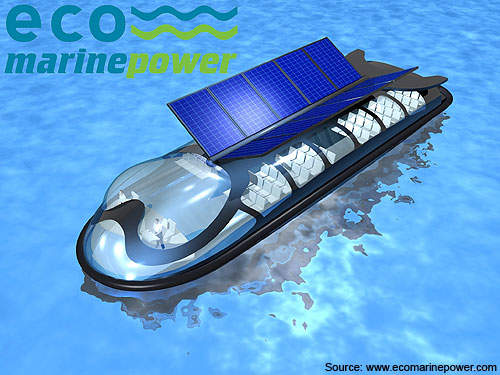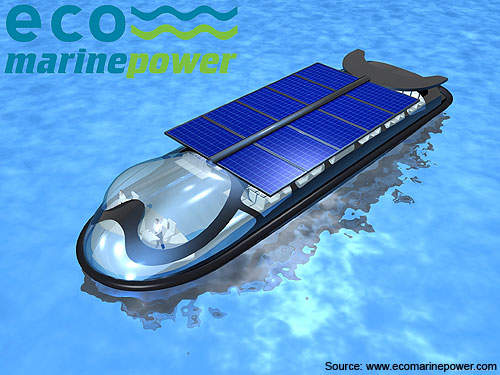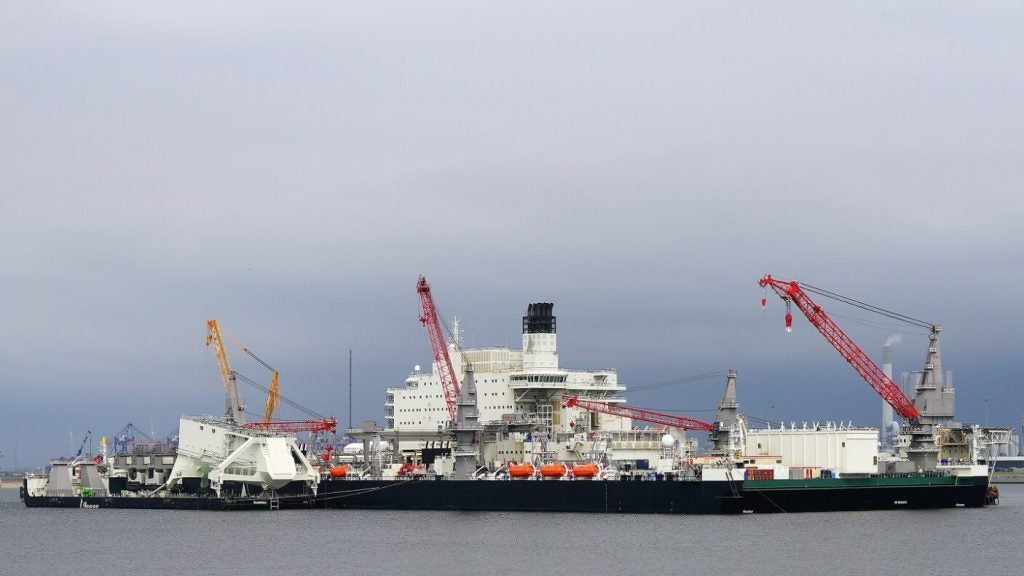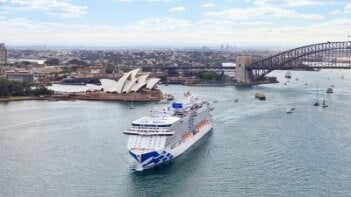The Tonbo Hybrid Marine Power Vessel is a solar-electric concept vessel being developed by Japanese technology company Eco Marine Power. The vessel is part of Eco Marine’s focus on developing the latest green and eco-friendly marine technologies. Tonbo is being designed to function as a solar ferry, solar tourist boat or a solar cruise ship.
Eco Marine initiated the project in September 2010. It is developing the new vessel in partnership with several other international partners including the Sapa Group, KEI Systems, Ohori Capital and Solar Sailor Holdings.
Tonbo will use state-of-the-art solar-electric technology and will be environment friendly through reducing emissions of harmful gases. It will feature the latest solar, battery and power control system technologies. The vessel is expected to offer a new form of marine transport via rivers and bays across the world.
Design
Eco Marine commenced the development of Tonbo based on the idea that solar-electric technology is optimally suited for ships and boats that operate on bays, lakes and rivers. Extensive pre-studies were carried out before development commenced on the project. The latest maritime market trends and technologies were considered before a high-level design was developed.
Detailed design of the vessel started in January 2011 to finalise the specifications. The overall length of the vessel will be 10m with a beam of 8m. The draft will be 2m and height will be 4m. The design is also scalable and flexible, and can be applied to a variety of other vessels.
The vessel is being designed to carry 150 to 200 passengers and will be built of marine-grade aluminium. It will feature an open deck area at the back and an observation area at the front.
The vessel’s name, Tonbo, which means dragonfly in Japanese, was derived from the wing-like way in which the solar modules are fixed on the vessel. The observation area in the front represents the eyes of the dragonfly.
Propulsion
Tonbo will run on a hybrid marine propulsion (HMP) system developed by Solar Sailor Holdings. The system uses electric motors powered by lithium batteries. Electric motors allow the direction of the vessel to be reversed from full ahead to full astern within a short time period without stalling.
The HMP technology will produce constant high torque and allow larger and more efficient propellers to be used. Operational costs are reduced as the system is more energy-efficient compared with traditional diesel-propulsion systems.
The lithium batteries can be charged through a unique 140W solar module mounted on the roof of the vessel. The lightweight solar modules can be moved using an innovative control system being developed by Eco Marine. The panels can also be lowered for the vessel to pass under low bridges or in high wind conditions and to maximise energy from the sun. They can also be raised to provide passengers an unobstructed view.
A rapid charging system will be installed in the vessel to enable it to charge quickly through shore power when in a marina. The batteries can also be charged by an onboard low-emission bio-fuel generator.
Designers are currently trying to simplify the onboard HMP system to lower upfront costs. Tonbo is expected to reduce fuel and maintenance costs for the operator or owner and offer an attractive choice in terms of return on investment.
The propulsion system will enable the vessel to manoeuvre in narrow rivers, channels and other confined areas.
Performance
The vessel will have a maximum cruising speed of 10kt. At low speeds (8kt or less), Tonbo will operate in all-electric mode using the onboard batteries, enabling it to move silently across the water. This operation will be ideally suited for evening cocktail cruises or sightseeing trips.









